More than just a blooming gardener
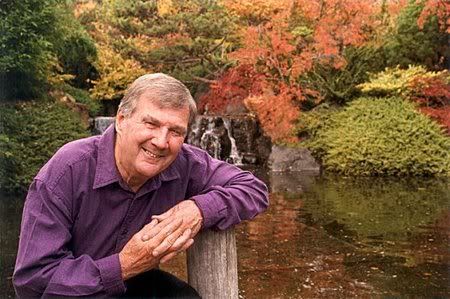
Whatever you do, please, please, please read this transcript of the Enough Rope with Andrew Denton interview with the wonderful Peter Cundall. Cundalls been a hero of mine since childhood. I recall a late 70's episode of Landscape, where Pete was planting a lemon tree. At the segments conclusion, he flashed a mischievous grin to camera & turned his back to "water it in"....and up next is the ABC News....
Now here's several superb highlights of last nights interview.
Denton: That's because they're in love. Let us flower, shall we? Tell me, what is about being in a garden that you love?
Cundall: It's something primitive, I think. It's the smell of the soil, really. When you turn over the soil it gives off some kind of gas and it makes you kind of go berserk, you know. It does, it makes you want to start - I think it's the sheer joy of pruning plants and liberating them and it's the total joy, as far as I'm concerned, of being able to pick an apple off a tree and eat it, or pull out a carrot and eat it and know that you're on the most wonderful food of all, and that's the stuff you can grow yourself.
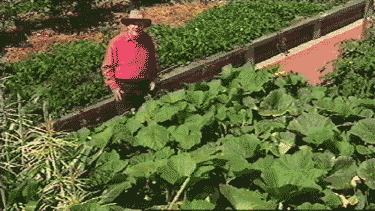
Denton: Because you have a, would it be fair to say, an almost apocalyptic view of the world?
Cundall: Well, my view of the world is not a depressing one, I've got a very optimistic view. But I feel that we're living in a kind of a fool's paradise. I mean I come from Tasmania, you can see, there, that forests are being destroyed, irrespective of what new little rules and regulations come out. Where I live, in the Tamar Valley, the most beautiful valley, they're going to put in a giant pulp mill, a massive one with a 100-metre stack so that the poisonous fumes are supposed to not drift down the valley.
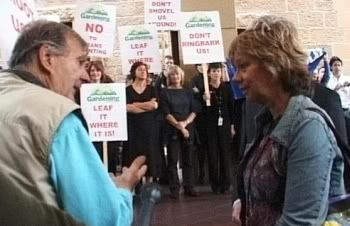
Denton: How do you break a human being down to a point of amorality?
Cundall: By giving them power. By giving them absolute power over people. I suppose I see, today, the biggest problem in society is what we call the "control freaks". These are the malignant narcissists, right. The people who are - and we've met them. Look, you can go to a tiny organisation, a school parents and friends, a trades union, ABC, we know who the control freaks - it's true, we know them, we know who they are and they want - that's right.
Denton: We've just been cut off.
Cundall: But they're people without a gone conscience and without any pity, and there is not many of them. But when you and I are fast asleep at night, they're lying awake, scheming, and they're hard to compete with, and I'm not joking. You know - anybody that's worked in an office or anything, there is always someone that wants to take control, right. The supreme example, of course, is people like Stalin and Hitler. Hitler, don't forget, almost his last days, when he was in the bunker, he was saying at one time that, "The SS have betrayed me," because they retreated, and he had all his commanders executed. And almost his last words was, "The German people have betrayed me," you know. I mean - and this is an example of a supreme form of pathological narcissism and you do get it. You get it in politics. They're the people who can't admit that they have made a mistake.
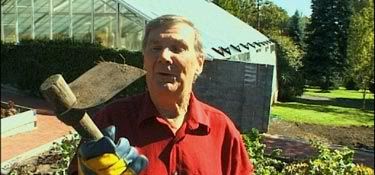
Denton: What made you weep?
Cundall: It was over a strange thing that happened, which I find hard to tell because it's so innocuous and so seemingly unimportant. But when I was in this cell - I'd been in a country that was occupied by the Nazis. I remember looking at the table and I saw this kind of little faint square on the table, as if someone had just cut it, and I thought, "I wonder what was that was?" and I looked at it for days, and I remember - and I started picking at it. I found it was really a piece of the table that had been cut out and it was like something underneath, like a compartment. Someone had done it. Eventually I lifted it up and I got the shock of my life, because underneath was a Star of David that someone had carved, some unknown Jew had been in this same cell, and I wept because of the honour - that was his message. That was it, he had probably been killed, but I got a message and I thought, "My brother was in this cell and he's dead," and that was his last act of defiance and he'd sent a message out. I'll never forget that as long as I live. And I sat there, on my little stool, and wept and wept and shook and I didn't know why. Even now, when I think back, that was such an experience, you know, of the sheer power, that he'd sent a message to me, or to somebody, anybody, right, to say, "Here I am, this is what I am."
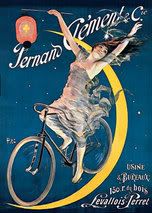
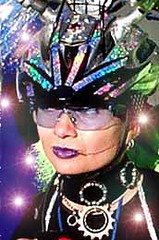
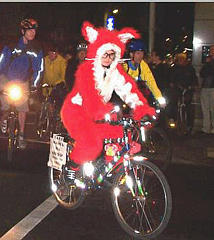


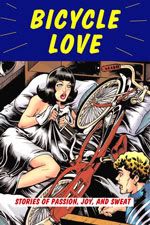

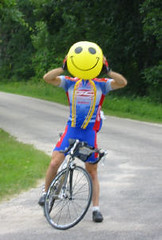

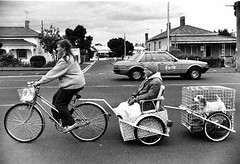
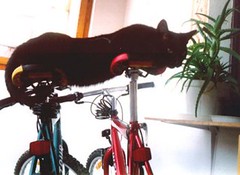
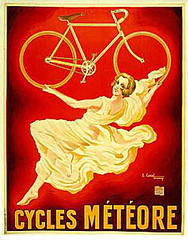
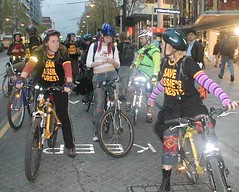
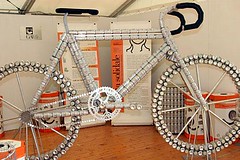
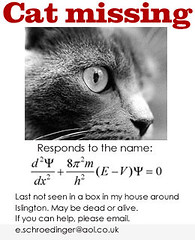

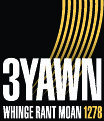
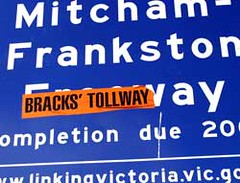








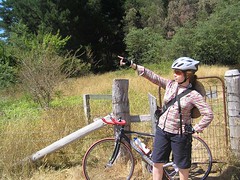
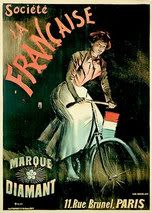
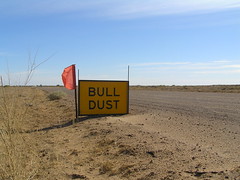
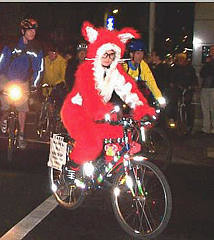
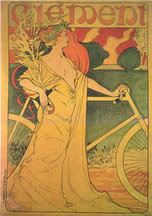
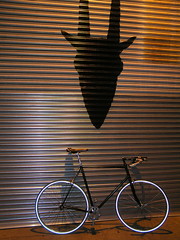
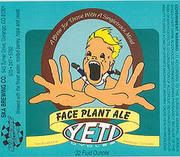
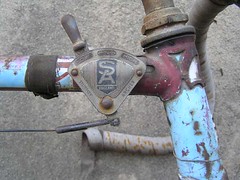
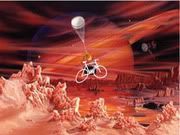
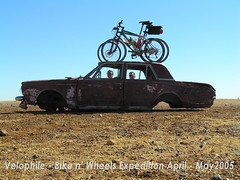
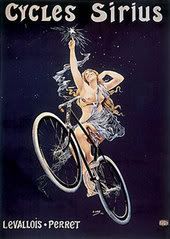
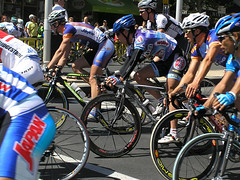

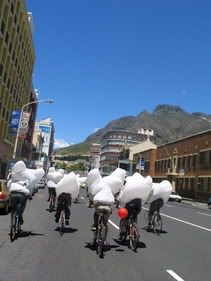
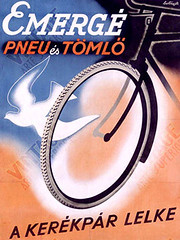

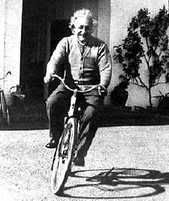
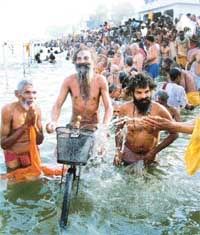
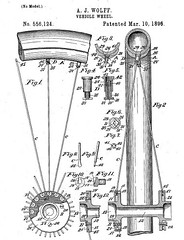
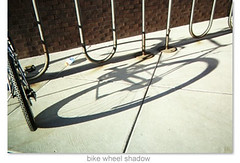
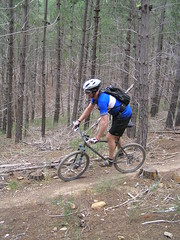
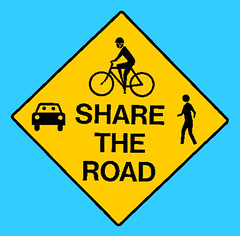
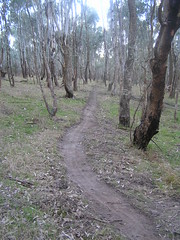
0 Comments:
Post a Comment
<< Home